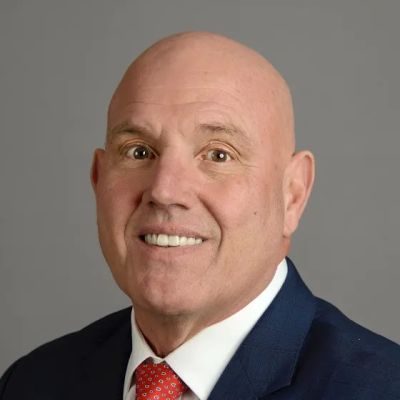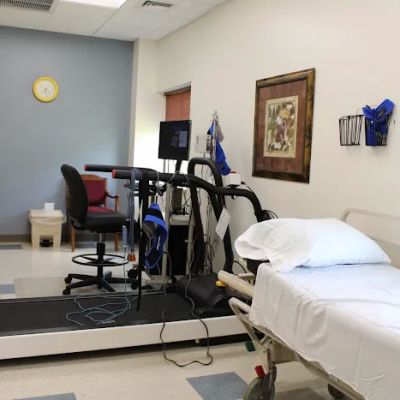Visiting a cardiologist may seem intimidating, but understanding what to expect can make the process much easier. A cardiologist is a specialist focused on diagnosing and treating heart conditions. Whether you’re visiting for a routine check-up or due to symptoms of a heart issue, preparation is key to making the most of your appointment.
Before your visit, gather important information about your medical history, including any medications you're currently taking, your family’s heart health history, and details of any symptoms you’ve been experiencing. This will help the cardiologist assess your risk factors and create a personalized care plan. Also, don't forget to bring your identification and insurance details.
It’s also a good idea to prepare a list of questions you may have about your heart health, lifestyle changes, or treatment options. This will ensure you get all the information you need to make informed decisions about your health.
2. What Happens During Your Visit to a Cardiologist
Upon arrival, you’ll be greeted by the receptionist, and they will collect any necessary paperwork. Once inside the examination room, the cardiologist will begin by asking you questions about your medical history, lifestyle habits, and any symptoms that led to the visit. You may be asked about chest pain, shortness of breath, fatigue, or irregular heartbeats, so be prepared to discuss any issues you’ve been experiencing.
Next, the cardiologist will conduct a physical exam. This may include checking your blood pressure, listening to your heart with a stethoscope, and checking your pulse. The doctor will also examine your neck and extremities for any signs of heart disease, such as swollen veins or poor circulation.
During the appointment, the cardiologist will likely explain the different tests they may recommend and why they’re important in diagnosing heart conditions. They will also review any medications you may be on and may adjust prescriptions as needed based on your heart health.
3. Common Tests and Exams the Cardiologist May Perform
Depending on your symptoms and risk factors, your cardiologist may recommend one or more of the following tests to get a clearer picture of your heart health:
- Electrocardiogram (ECG or EKG): A test that measures the electrical activity of your heart to detect irregularities in heart rhythm and identify signs of heart damage.
- Stress Test: This test monitors your heart while you exercise on a treadmill or stationary bike. It helps determine how your heart performs under stress and can reveal issues such as blocked arteries.
- Echocardiogram: This non-invasive test uses sound waves to create an image of your heart’s structure and function. It can detect heart valve problems, muscle damage, and other conditions.
- Blood Tests: Your cardiologist may order blood tests to check for cholesterol levels, blood sugar, and other markers that can indicate heart disease.
- Cardiac CT Scan or MRI: These advanced imaging tests provide detailed pictures of your heart and blood vessels to help identify blockages or structural issues.
Each test is designed to provide valuable information about your heart’s health and will help your cardiologist make an accurate diagnosis.
4. After Your Cardiologist Appointment
Once the examination and tests are complete, your cardiologist will review the results with you. Depending on the findings, the cardiologist may recommend lifestyle changes, medications, or further testing. If a heart condition is diagnosed, they will discuss treatment options and next steps with you in detail.
In some cases, your cardiologist might refer you to a specialist for more advanced care or procedures. For example, if heart surgery or a catheterization procedure is necessary, they will guide you through the process and explain what to expect.
Don’t hesitate to ask questions if you’re unclear about anything. Understanding your diagnosis and treatment plan is crucial for managing your heart health effectively.
5. Real-Life Case: A Patient's Experience with a Cardiologist
To illustrate what a visit to a cardiologist is really like, let’s consider the case of John, a 52-year-old man who had been experiencing occasional chest pain and shortness of breath. Concerned, he made an appointment with a cardiologist for a thorough evaluation.
During his visit, the cardiologist took a detailed medical history and performed a physical exam. John mentioned that his father had a history of heart disease, which prompted the cardiologist to recommend a stress test and an echocardiogram. The tests revealed some irregularities in his heart function, but nothing too serious. However, the cardiologist advised John to start a heart-healthy diet, exercise regularly, and reduce his stress levels.
John followed the cardiologist’s advice and made significant lifestyle changes, such as eating more fruits and vegetables, cutting down on processed foods, and committing to a regular exercise routine. Six months later, during a follow-up visit, his cholesterol and blood pressure were significantly improved, and his heart health was much better.
John’s story is a great example of how a cardiologist’s expert advice can help you make informed decisions about your health and prevent more serious issues down the road. If you’re experiencing any heart-related symptoms, don’t hesitate to see a cardiologist for an evaluation.




















